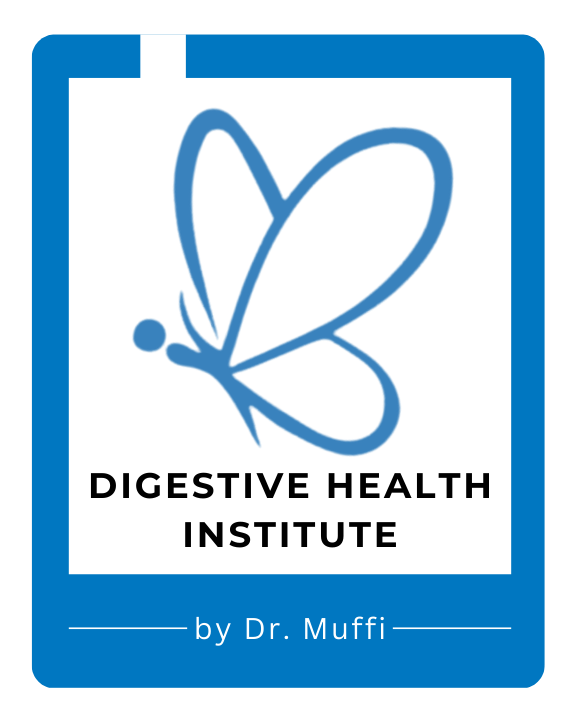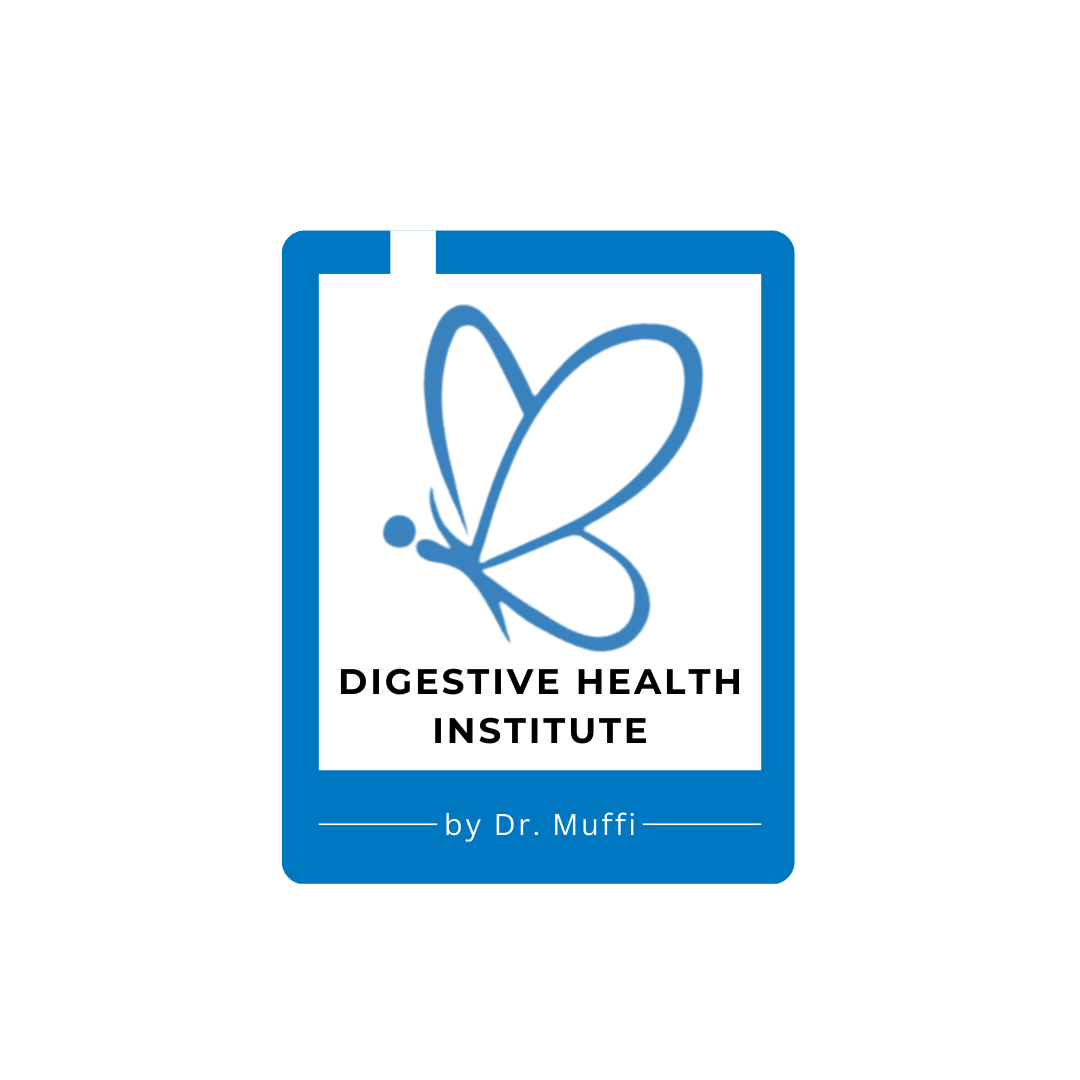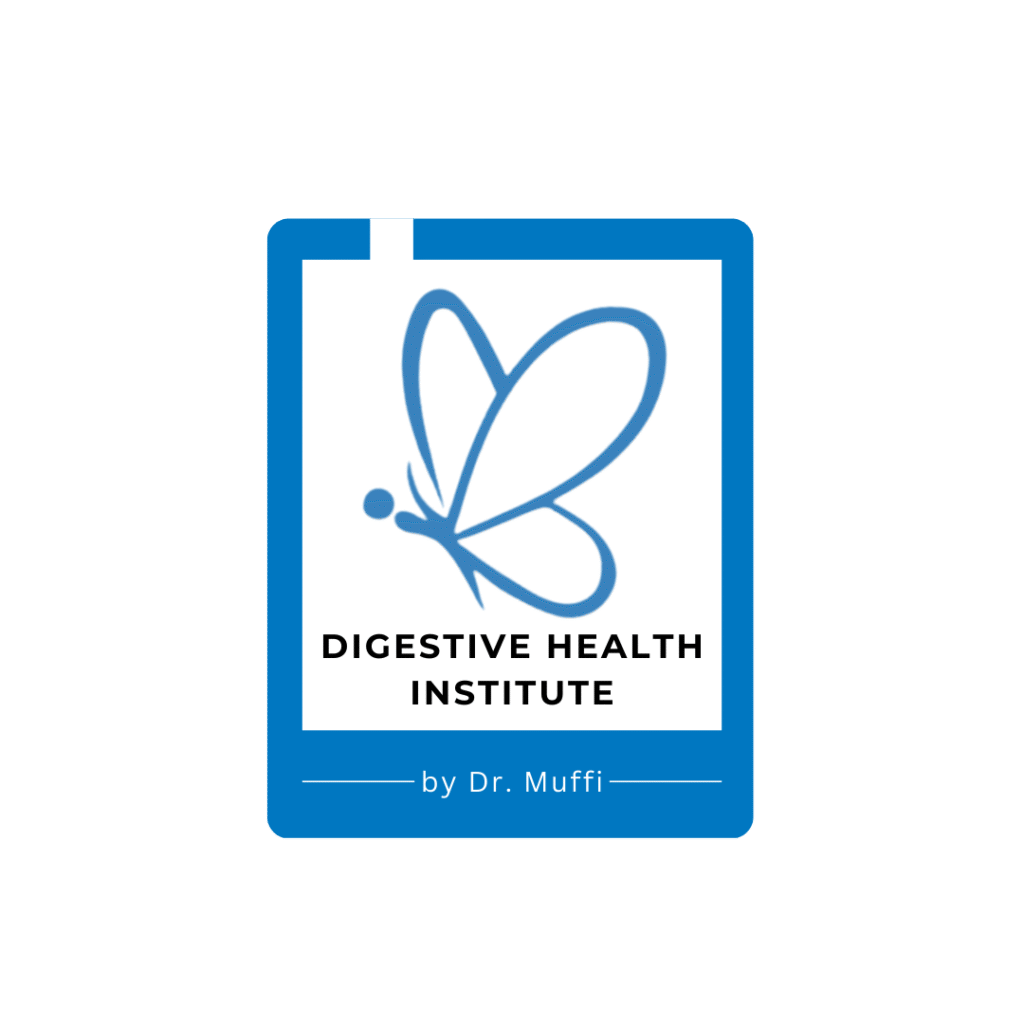Common FAQS
Pre Surgery FAQs
Bariatric Nutrition FAQs
Can I continue my medication before surgery?
Before the surgery, the bariatric surgeon and their team will provide guidelines on which medications need to be paused or reduced in dosage, typically one week prior to the procedure. This includes steroids, blood thinners, hormone replacements, birth control pills, and certain NSAIDs.
Important Note: Smoking must be completely stopped before surgery, as it significantly raises the risk of blood clots and other complications both during and after the procedure.
Why is a preoperative diet important before bariatric surgery?
A preoperative diet helps reduce liver size, making surgery safer and more effective. It also optimizes metabolic health, lowers surgical risks, and helps prepare the body for post-surgery changes
What type of diet is typically recommended before bariatric surgery?
Patients are usually advised to follow a high-protein, low-calorie diet to preserve muscle mass and promote fat loss. A liquid diet is prescribed to further reduce liver size.
Why should sugary and processed foods be avoided before bariatric surgery?
Sugary and processed foods contribute to fat accumulation in the liver, making surgery more challenging. Avoiding them helps reduce complications and enhances overall surgical success.
What is the purpose of increasing protein intake before bariatric surgery?
Protein is essential for muscle preservation, healing, and overall recovery. Increasing protein intake ensures stronger post-surgery recovery and prevents excessive muscle loss.
Why is hydration important before bariatric surgery?
Adequate hydration prevents dehydration, supports organ function, and helps in reducing postoperative complications like dizziness or fatigue. Patients should drink plenty of water but avoid sugary and caffeinated beverages.
What is the typical duration of a preoperative diet before bariatric surgery?
The preoperative diet typically lasts 5-7 days, depending on the patient’s BMI, health conditions, and surgeon’s recommendations.
What should patients avoid before bariatric surgery?
Patients should avoid:
- Sugary beverages (soda, energy drinks)
- Alcohol
- Carbonated beverages (sparkling drinks)
- Smoking/Vaping
- Tobacco
Why is it important to correct nutritional deficiencies before bariatric surgery?
Bariatric surgery can lead to nutrient malabsorption. Correcting deficiencies before surgery ensures better healing and reduces long-term complications like anemia, osteoporosis, or fatigue.
What is the role of a dietitian in the preoperative phase of bariatric surgery?
A dietitian provides personalized nutrition plans, monitors nutrient intake, and ensures patients are well-prepared for both surgery and recovery. They also help prevent deficiencies and guide patients through dietary adjustments.
Endoscopy
Why is Endoscopy is important?
- Preoperative Screening: Detects ulcers, infections, or anatomical abnormalities affecting surgery success.
- Postoperative Monitoring: Identifies complications like leaks, strictures, or digestive issues.
- Long-Term Adjustments: Helps diagnose weight regain causes and aids in revision procedures.
Endoscopy ensures safety, effectiveness, and long-term success in bariatric surgery. Regular follow-ups can prevent complications and optimize outcomes!
Fibroscan
Why is a FibroScan recommended before bariatric surgery?
A FibroScan is a non-invasive test that checks liver health by measuring its stiffness. It’s important before bariatric surgery to assess any liver damage or fat accumulation, which are common in obese patients. This helps the surgeon plan the procedure safely and ensures better recovery outcomes.
Post Surgery FAQs
Why is Nutrition Important After Bariatric Surgery?
After surgery, your stomach is much smaller, so eating nutrient-rich foods is crucial to stay healthy and avoid deficiencies.
What Should You Eat?
- Protein: Supports healing and muscle strength (Chicken, fish, eggs, tofu).
- Vegetables & Fruits: Provide vitamins and fiber
- Healthy Carbs: Whole grains, oats, quinoa, millets (in small portion)
- Healthy Fats: Nuts, seeds, and avocados (in moderation).
- Water: Stay hydrated, but avoid drinking with meals.
What Should You Avoid?
- Sugary foods & drinks (can cause discomfort).
- Fried and greasy foods (hard to digest).
- Carbonated drinks (can cause bloating).
- Alcohol (not recommended after surgery).
How Many Meals Should Bariatric Patients Eat Per Day?
Bariatric patients should eat 3-6 small meals throughout the day instead of large meals to prevent discomfort and ensure proper nutrition.
Why Should Bariatric Patients Avoid Drinking Water During Meals?
Drinking water during meals can cause bloating and discomfort. It can also push food through the stomach too quickly, reducing nutrient absorption.
What Are Common Nutrient Deficiencies After Bariatric Surgery?
Patients often need supplements for: Vitamin B12, Iron, Calcium, Vitamin D
Why Are Bariatric Patients Advised to Chew Food Thoroughly?
Chewing food thoroughly helps:
- Prevent discomfort from large food pieces.
- Aid digestion since the stomach processes food differently after surgery.
What Are Common Challenges Post-Bariatric Surgery?
- Feeling full too quickly: Eat small meals throughout the day.
- Nutrient deficiencies: Take vitamins & supplements as prescribed.
- Food intolerance: Some foods may not sit well—listen to your body.
What is Dumping Syndrome, and How Can I Prevent It?
Dumping syndrome happens when food moves too quickly into the small intestine, causing nausea, dizziness, and diarrhea. Avoid sugary and fatty foods, incorporate fibers and proteins to prevent it.
Why Should Bariatric Patients Avoid Carbonated Drinks?
Carbonated drinks cause bloating and discomfort due to trapped gas in the smaller stomach. They can irritate digestion and make eating more difficult.
What is the Recommended Daily Protein Intake for Bariatric Patients?
Bariatric patients should aim for 1- 1.5* grams of protein per Kg Idle body weight daily to support muscle health and healing (*depends on the type of surgery)
What is the Best Way for Bariatric Patients to Stay Hydrated?
Sip water throughout the day instead of drinking large amounts at once. Avoid drinking with meals to prevent bloating and discomfort.
Nutrition Before & After Bariatric Surgery
Eating Right for a Healthier Recovery and Lasting Results
Proper nutrition is essential both before and after bariatric surgery. It helps prepare your body for surgery and supports safe, long-term weight loss.
Pre-Surgery Nutrition
A preoperative diet is crucial for the success of bariatric surgery. Clinical Nutritionist will advise a low-calorie diet starting one week prior to surgery to help shrink the liver and spleen. Reducing the size of these organs ensures a safer and more effective weight loss procedure. Following the surgery, the patient will need to maintain a low-calorie diet to support continued weight loss and recovery.
- Follow a low-calorie, high-protein diet (usually 1 weeks before surgery)
- Helps shrink the liver and reduce surgical risks
- Avoid sugary drinks, alcohol, and high-fat foods
- Stay hydrated — aim for 2 liters of water per day (unless advised otherwise)
Post-Surgery Diet Progression
After surgery, your stomach needs time to heal. Your diet will progress in 4 key stages:
1. Clear Liquids (Days 1–3)
- Water, broth, sugar-free drinks, clear protein drinks
- Sip slowly; stay hydrated
- No caffeine or carbonation
2. Full Liquids (Week 1–2)
- Protein shakes, milk, strained soups, yogurt (no chunks)
- Continue sipping fluids between meals (Do not use straw)
3. Pureed/Soft Foods (Week 3–4)
- Blended lean meats, mashed vegetables, soft eggs
- Eat slowly, chew thoroughly
- Small meals: 4–6 per day
4. Soft to Solid Foods (Week 5 and beyond)
- Gradually add cooked meats, fruits (peeled), whole grains
- Lifelong focus: protein first, balanced meals, mindful eating
Long-Term Nutrition Tips
- Eat small, protein-rich meals
- Avoid sugary drinks and snacks
- Chew food well and eat slowly
- Stay well hydrated (at least 1.5–2L water daily)
- Take prescribed vitamin supplements daily




